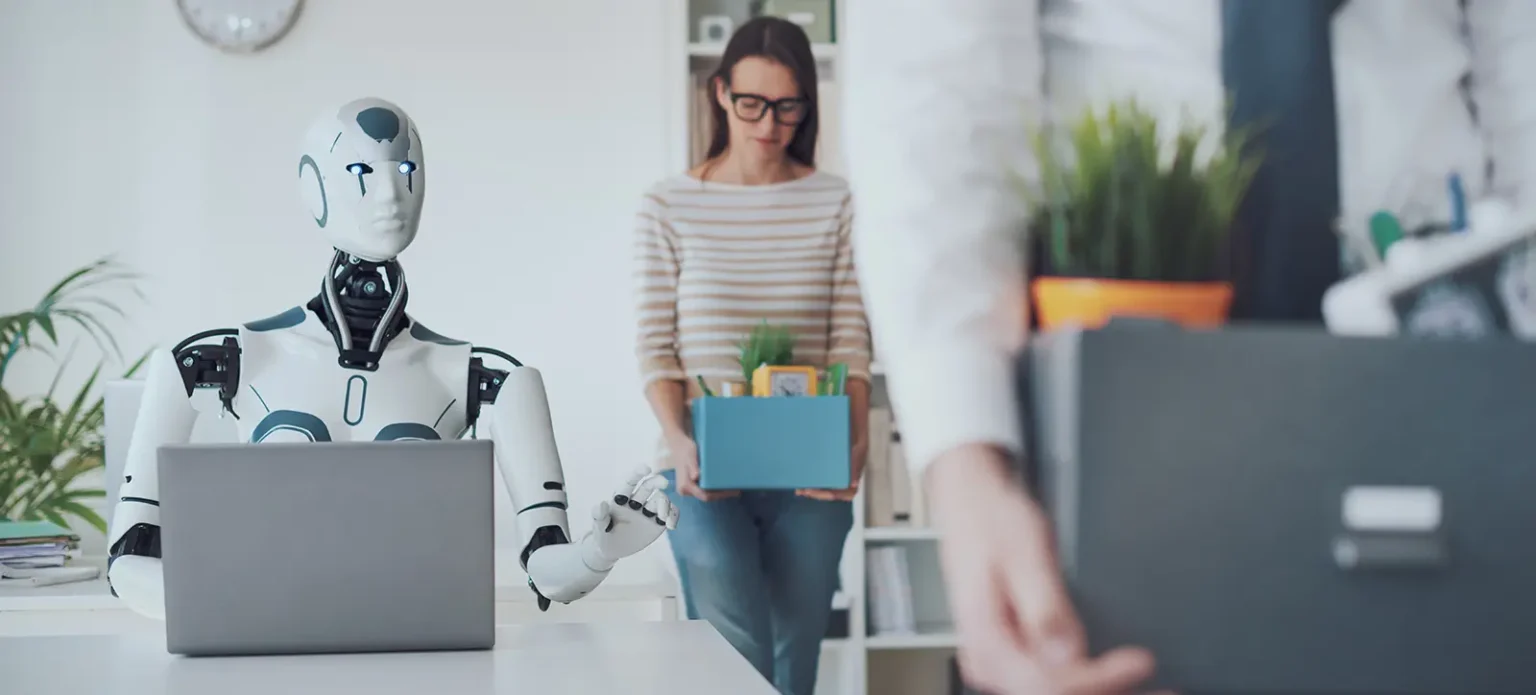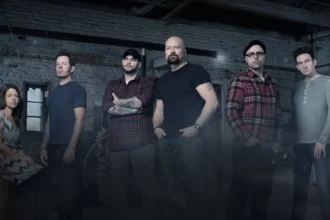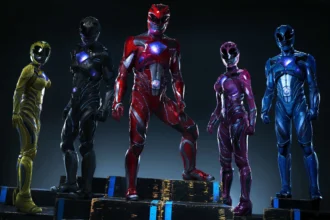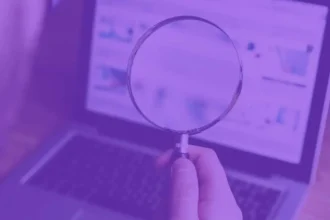In what feels like the plot of a sci-fi film, leading AI expert Kai-Fu Lee has predicted that 40 percent of human jobs could be replaced by AI in the next two decades. It’s a chilling possibility — one that brings the world of Wall-E uncomfortably close to reality.
This isn’t some far-off fantasy. The AI revolution is already reshaping industries, and it’s only accelerating.
What Does “40%” Really Mean?
We’re not just talking about factory workers. The jobs at risk span:
- Customer service agents
- Data entry clerks
- Retail employees
- Drivers (thanks to autonomous vehicles)
- Even basic-level journalists and legal assistants
The rise of generative AI and machine learning means robots are no longer limited to repetitive tasks. They can now think, analyze, and make decisions — faster than we can.
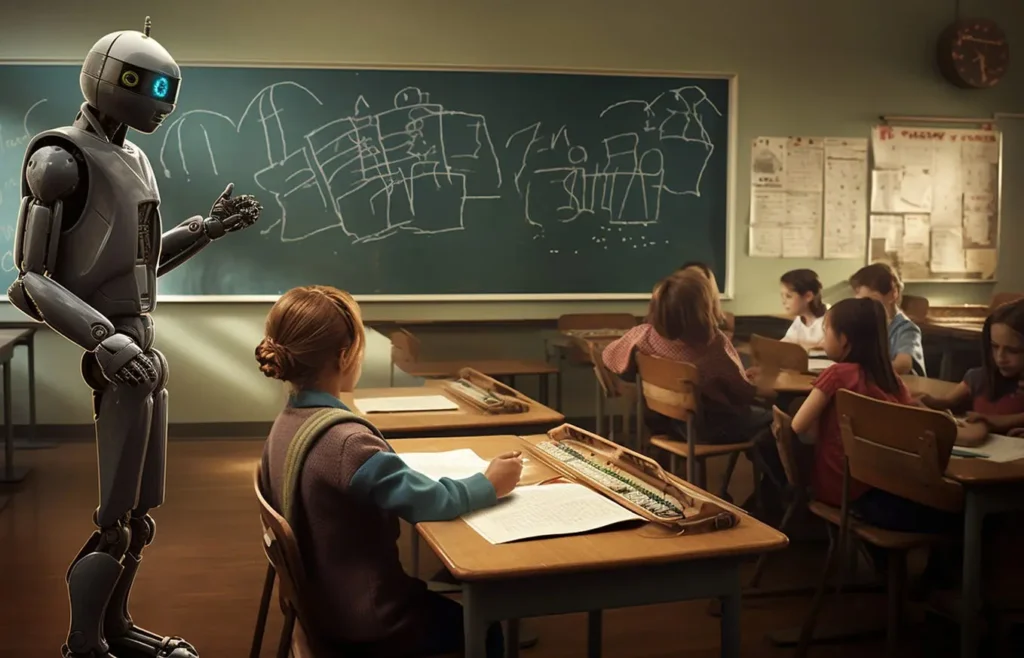
Which Industries Are the Most Vulnerable?
Here are some sectors where AI is already disrupting the workforce:
- Transportation – Self-driving technology threatens millions of driver jobs worldwide.
- Retail – AI cashiers, smart shelves, and inventory bots are replacing humans.
- Finance – Algorithms now perform trading, auditing, and risk assessments.
- Healthcare – AI diagnoses and robotic surgeries are becoming mainstream.
- Manufacturing – Automation has already taken over many assembly lines.
If you think your job is safe, think again.
Why Are Robots Getting So Good?
Modern AI systems can:
- Learn from vast data sets
- Mimic Human Jobs speech and decision-making
- Operate 24/7 with zero fatigue
- Continuously improve with machine learning
It’s not just about doing tasks — it’s about doing them better, faster, and cheaper than humans ever could.
Should We Be Scared or Prepared?
Fear isn’t the answer — adaptation is.
Experts suggest focusing on skills that are uniquely human, such as:
- Critical thinking
- Emotional intelligence
- Creativity
- Strategic decision-making
- Leadership
These are areas where robots still fall short… for now.
What Could the Future Workforce Look Like?
In 20 years, you might see:
- AI-human hybrid teams in every office
- Personalized AI assistants for every worker
- Robots handling logistics, cleaning, scheduling — everything mundane
- A massive shift toward creative and strategic roles for humans
The 9-to-5 as we know it could vanish entirely.
The Hidden Upside of Automation
Surprisingly, some experts believe this shift could be liberating.
By offloading tedious work to AI, humans could focus more on:
- Innovation
- Relationships
- Leisure
- Personal growth
It all depends on how we respond to the change — not resist it.
What Can You Do Right Now?
Here’s how to future-proof your career:
- Learn how AI works — even basic understanding is powerful
- Upskill in areas like data analysis, UX design, and storytelling
- Stay adaptable — change is the only constant
- Embrace lifelong learning
- Network and build human connections (something AI can’t replicate)
The future belongs to those who evolve.


